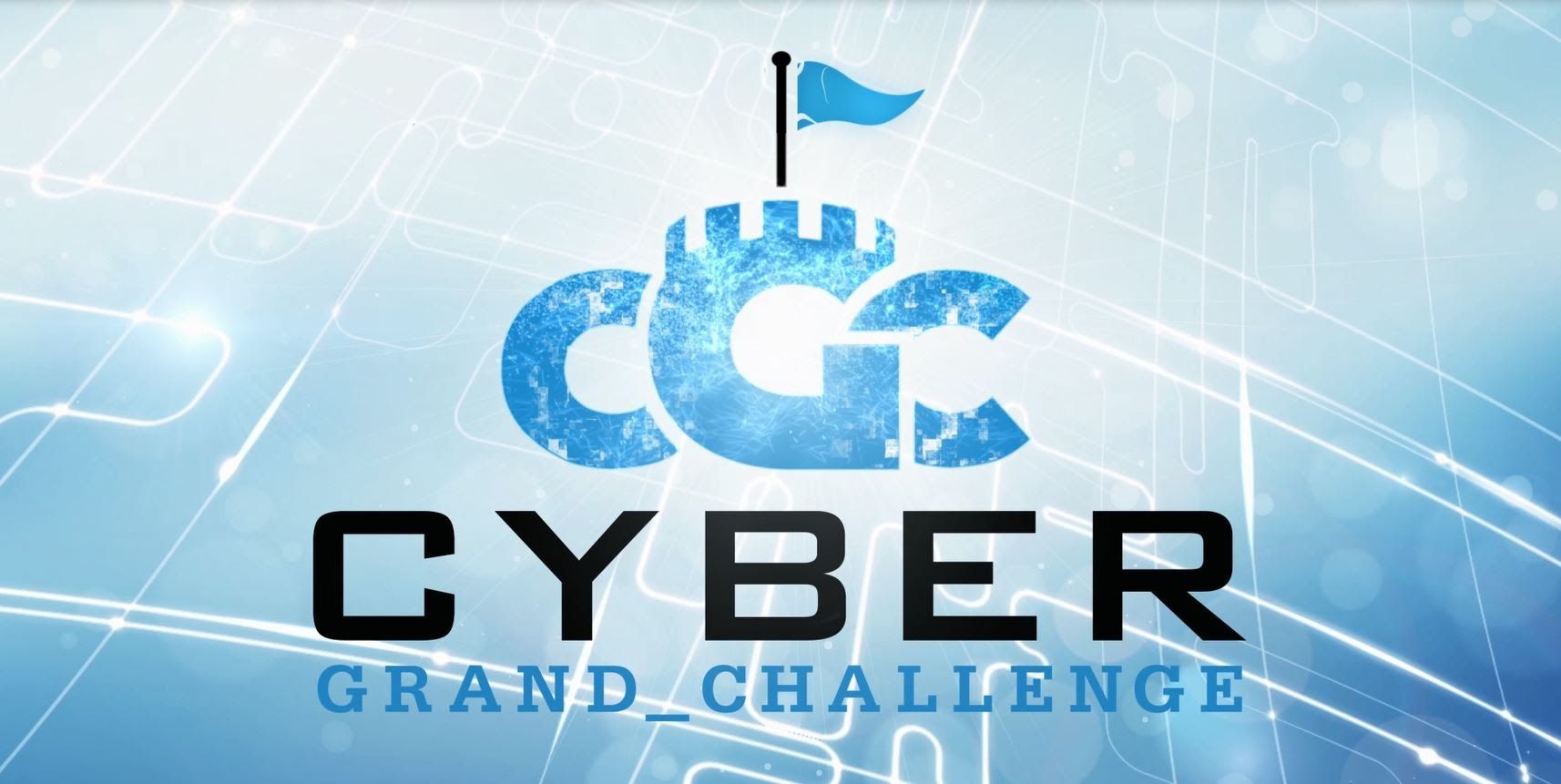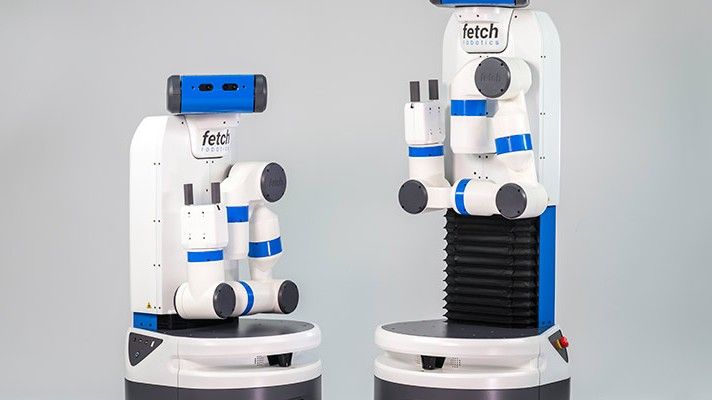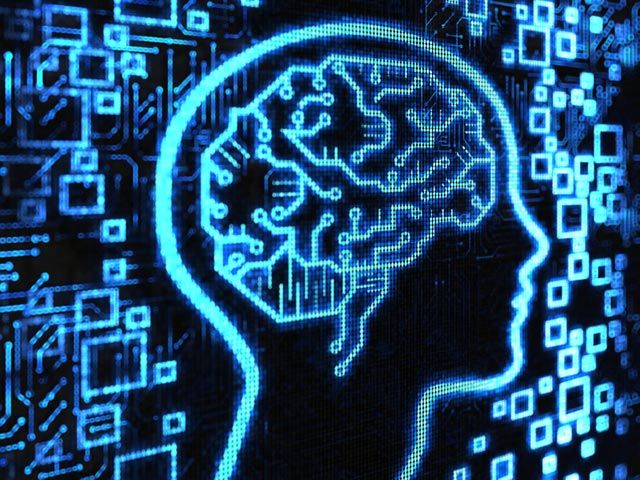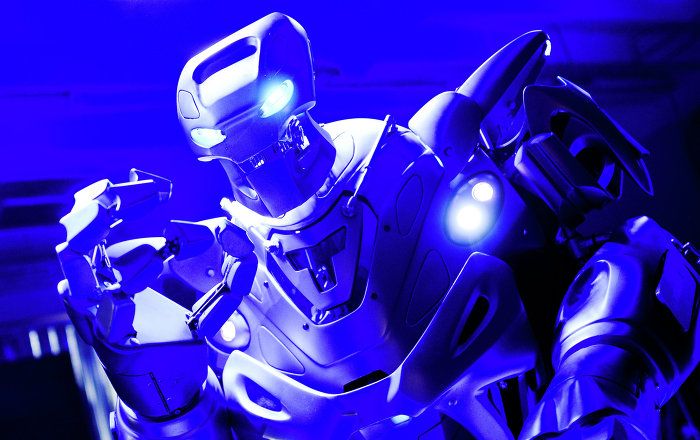Imagine a future where there is no need to cut down a tree and and reshape that raw material into a chair or table. Instead, we could grow our furniture by custom-engineering moss or mushrooms. Perhaps glowing bacteria will light our cities, and we’ll be able to bring back extinct species, or wipe out Lyme disease—or maybe even terraform Mars. Synthetic biology could help us accomplish all that, and more.
That’s the message of the latest video in a new mini-documentary Web series called Explorations, focusing on potentially transformative areas of scientific research: genomics, artificial intelligence, neurobiology, transportation, space exploration, and synthetic biology. It’s a passion project of entrepreneur Bryan Johnson, founder of OS Fund and the payments processing company Braintree.








